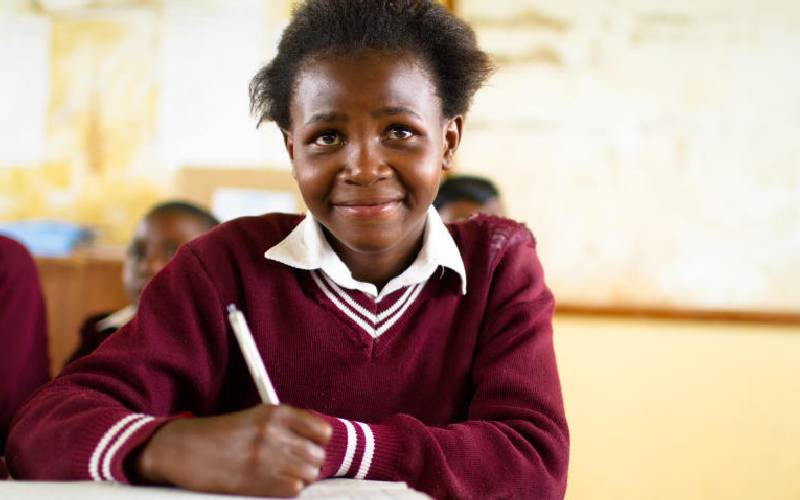×
The Standard e-Paper
Home To Bold Columnists

The Kenya National Examination Council (Knec) is kicking off a pilot programme tomorrow for a new test for junior secondary schools.
The test, known as the Kenya Junior Secondary Education Assessment (KJSEA), will be administered to Grade 9 students next year.